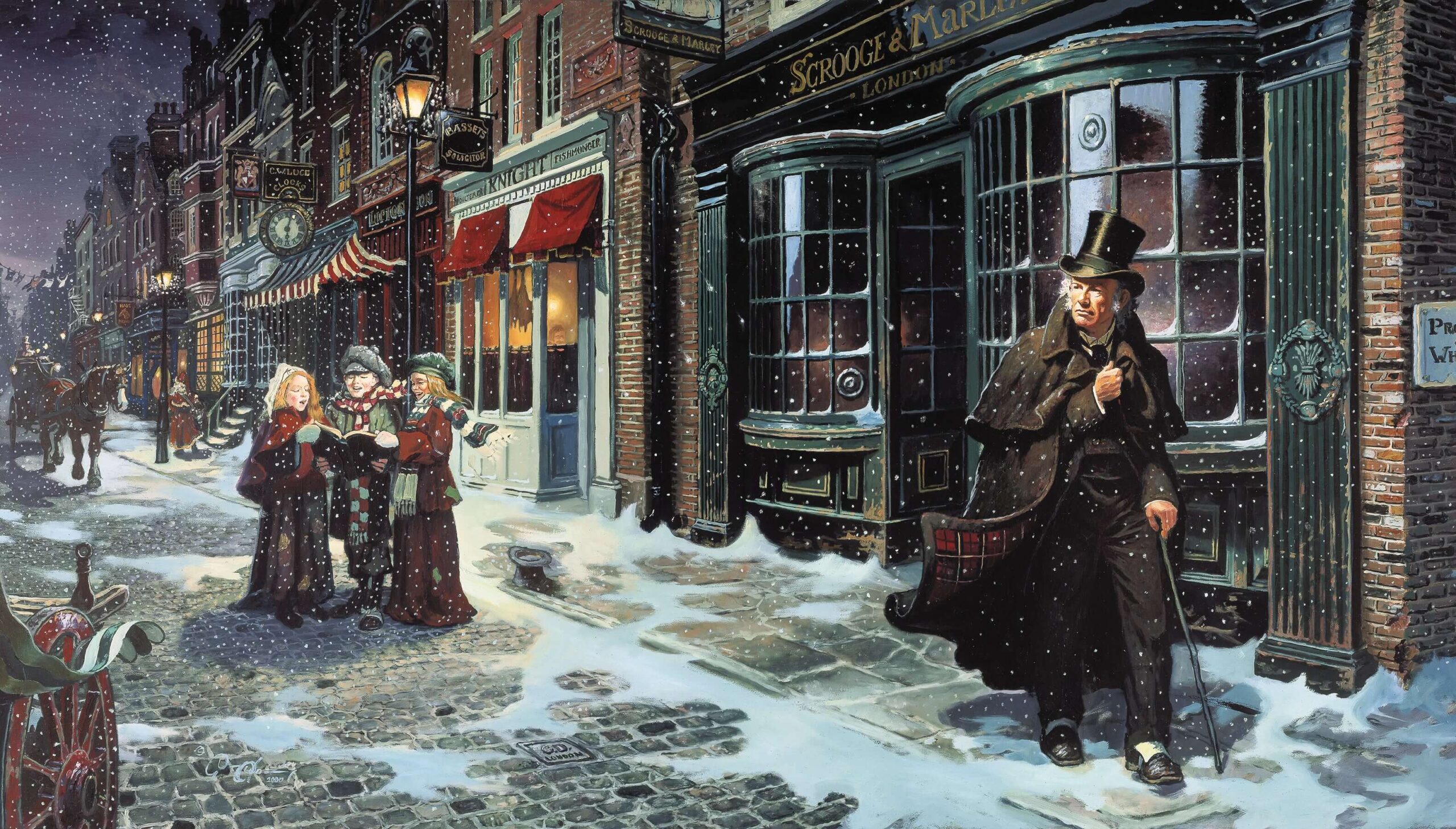During our time in Memphis last week, we had a great dinner at Belly Acres, a much-better-than-fast-food local hamburger restaurant. Although it was the evening before Thanksgiving, Belly Acres was already playing Christmas carols and songs as background music for the diners to enjoy. Bing Crosby was Dreaming of a White Christmas as you might expect, but he also sang the old English folk carol, God Rest Ye Merry, Gentlemen.
God rest you merry, gentlemen,
let nothing you dismay,
remember Christ our Savior
was born on Christmas Day
to save us all from Satan’s pow’r
when we were gone astray.
O tidings of comfort and joy, comfort and joy.
I don’t remember when I first noticed the comma placement in the first line of the carol; I am pretty sure I was well into adulthood. I had assumed that the comma belonged before merry and that merry was an adjective describing the noun gentlemen. Apparently, those merry gentlemen needed rest. But it turns out that most hymnals put the comma after merry (the carol comes from sometime in the Seventeenth Century, long before anyone worried about punctuation). Merry, then, is an adverb describing the rest the gentlemen seek. In the Seventeenth Century, merry meant more than a happy mood. Adjective or adverb, it could mean pleasant, lovely, pleasing, peaceful, good.
Busy counting his coins, Ebenezer Scrooge was in no mood for a merry rest when he chased the carolers singing of it. Busy counting his coins, Scrooge did not hear the tidings of comfort and joy.
The second line of the carol, “let nothing you dismay,” clarifies the meaning of the merry rest the gentlemen seek and Scrooge abhorred. The merry rest was despite the threat of dismay round about. It was the rest Jesus promises those who labor and are heavy laden. (Matthew 11:28) Such a rest rarely comes to those obsessed with counting their coins.
Ours is a time of much dismay. Some of us are dismayed by the state of politics and the culture, others by personal circumstances or trying things friends and family members may be experiencing. We need comfort and joy. The carol calls us to remember the story of how Christ our Savior was born on Christmas Day – indeed that we who have gone astray have been saved from Satan’s power.*
I wonder about our fellow diners at Belly Acres. Did they believe what they heard Bing Crosby singing? Are the tidings of comfort and joy about as trustworthy for them as the promise that Santa Claus in Coming to Town? Is a merry rest in our dismaying times as likely as a white Christmas in Memphis (7% chance according to the National Weather Service)?
I don’t know about our fellow diners at Belly Acres, but I welcome the one who invites us to his merry rest. Comfort and joy!
*Satan’s power? To quote C.S. Lewis: I know someone will ask me, “Do you really mean, at this time of day, to reintroduce our old friend the devil – hoofs and horns and all?” Well, what the time of day has to do with it I do not know. And I am not particular about the hoofs and horns. But in other respects my answer is “Yes, I do.” I do not claim to know anything about his personal appearance. If anybody really wants to know him better I would say to that person, “Don’t worry. If you really want to, you will. Whether you’ll like it when you do is another question.” (Mere Christianity)

